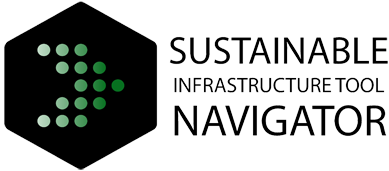Strengthening Climate Resilience: Guidance for Governments and Development Co-operation
Organization
Type(s) of Tool
Sector(s)
Lifecycle Phase(s)
Open Source
Language Availability
Country of Origin
Date of Development
Description
Strengthening Climate Resilience: Guidance for Governments and Development Co-operation aims to support governments of developing countries and providers of development co-operation in strengthening the resilience of human and natural systems to the impacts of climate change. It highlights three overall considerations to help ensure planning and implementation of actions to enhance climate resilience also support broader sustainable development objectives. It further outlines four mechanisms that can facilitate a focus on climate resilience in national, sub-national and sectoral policy processes, and three key enablers for strengthening climate resilience. The guidance can be used by different stakeholders across levels of governance, including government officials at national and sub-national levels, and providers of development co-operation. It may also provide insights to other development partners, including civil society organisations (CSOs) and private-sector actors.
Tool Outcome
This Guidance is not a planning tool. Instead, it highlights potential areas for actions through the mechanisms and enablers for strengthening climate resilience. It proposes areas for actions in the form of checklists. These checklists aim to help users navigate the Guidance. Two checklists highlight action to be considered by i) governments and ii) providers of development co-operation but the guidance also contains more detailed, thematic checklists. The proposed areas for action build on the wealth of knowledge products (tools, guidelines and compilations of good practice) available and are summarized throughout the guidance.
Sustainability Criteria
The guidance focuses on an approach that is country-owned, inclusive, and environmentally and socially sustainable.


